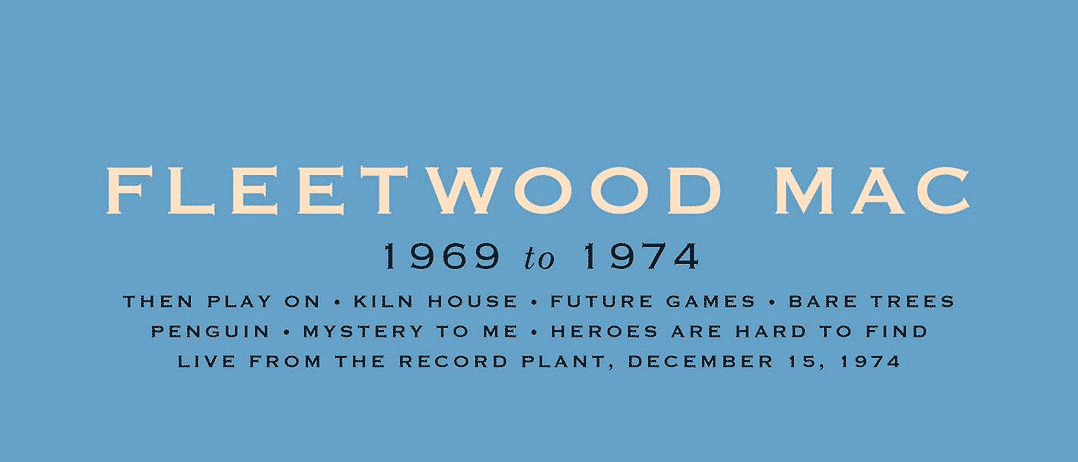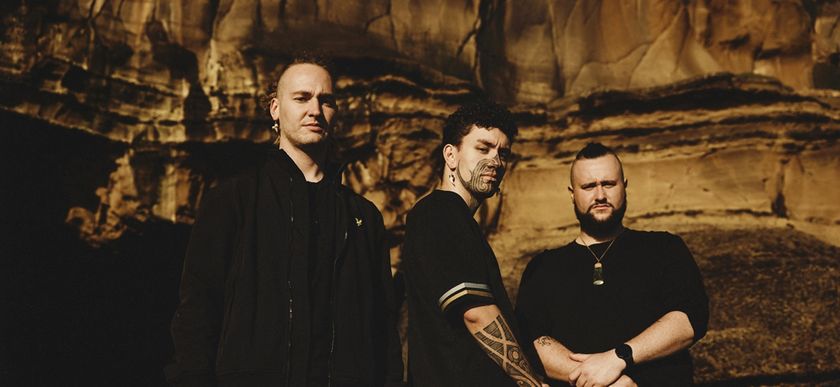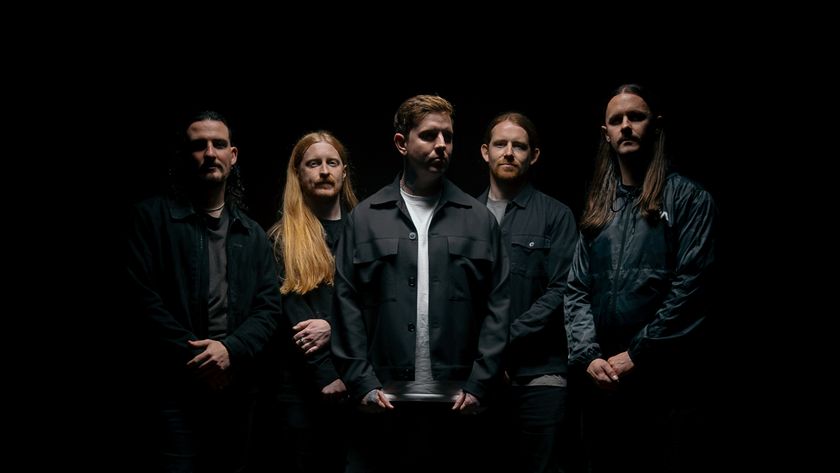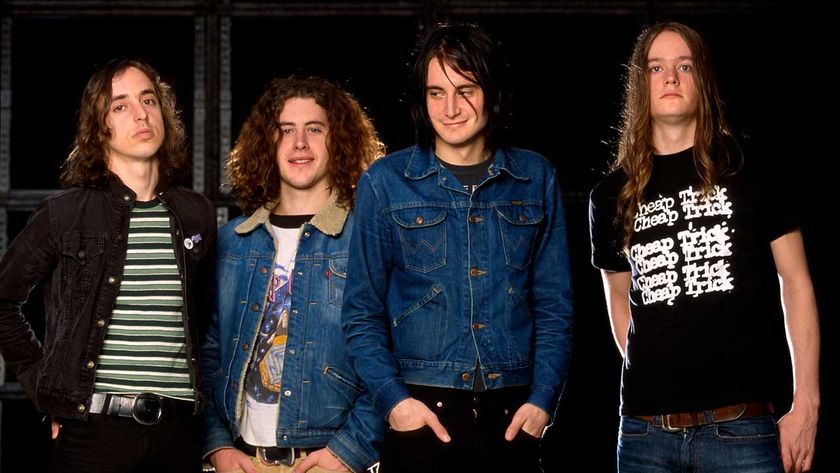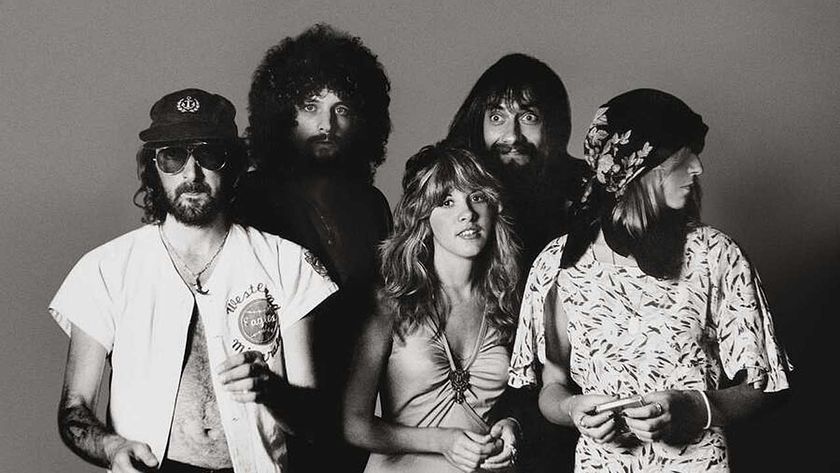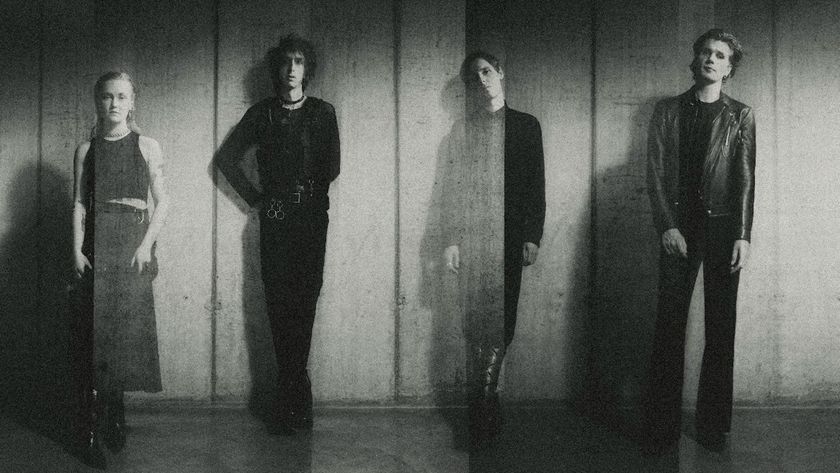When Fleetwood Mac founder Peter Green passed away recently, more than 50 years since he led the band, we weren’t reminded only of his searing talent, but also what an extraordinary life Fleetwood Mac have had. Before they built a transatlantic AOR juggernaut, Green led the charge to push back the generic boundaries of blues rock, as evidenced on Then Play On, his last album with the Mac.
The eight-CD box 1969 To 1974 includes the album (with the original US tracklisting), but afterwards there’s just a slight sense of crucial momentum having been lost. That said, Jeremy Spencer and Danny Kirwan’s guitar playing and songwriting on 1970’s Kiln House carry the day confidently enough.
The addition of Bob Welch and Christine McVie brought more creative input on Future Games (1971) and Bare Trees (1972), but there are fewer distinctive moments, and after Kirwan followed Spencer through the exit door before 1973’s Penguin and Mystery To Me the pop sensibility began to be polished, as reflected in tracks like the dreamy Emerald Eyes, on which Welch’s way with a spaced out vocal and faintly cosmic lyric reflect his unfairly neglected role in the Mac story.
McVie’s title track on Heroes Are Hard To Find (1974), along with the gorgeous ballad Prove Your Love and the anthemic Come A Little Bit Closer, show just how strongly she was coming into her own, and the final album in this sumptuously packaged set, the 1974 set Live From The Record Plant, showed her and Welch leading the quartet ebulliently.
The imminent line-up overhaul would see all this powerfully outshone, but it’s a rousing last hurrah for Fleetwood Mac’s road not taken.
